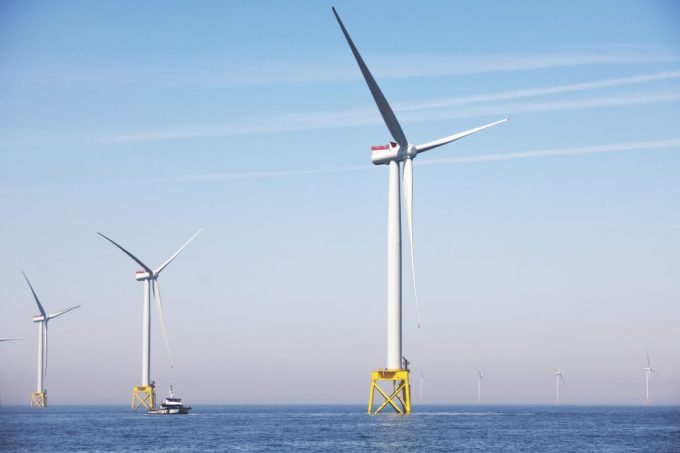The Renewables Infrastructure Group (TRIG) has announced an update to its investment management agreement and the introduction of a continuation vote.
Management fee arrangements
Further to the announcement of 25 February, and after extensive consultation with a broad range of the company’s shareholders, the board has agreed with its managers, InfraRed Capital Partners and Renewable Energy Systems that the annual management fee under TRIG’s investment management agreement and operations management agreement will be applied to an equal weighting of:
(i) the average of the closing daily market capitalisation during each quarter; and
(ii) the published net asset value for the quarter.
The fees will be payable in cash, and the existing management fee thresholds and rates will remain unchanged. The previously proposed takeover and transaction fees will not be introduced. The notice period under both the IMA and OMA will remain 12 months.
The new fee arrangement will apply from 1 April 2025. At the prevailing share price, this change will result in a reduction in the ongoing, annualised management fee by 28% or 0.3p per share, compared to the management fee paid in 2024.
Richard Morse, chairman of TRIG, commented: “Having listened to shareholders and carefully considered their feedback, the board has refocused and updated its original proposals. As a result, the management fees will now be based on 50% market capitalisation and 50% published NAV. We believe that these ongoing fees strike an appropriate balance between incentivising the managers to focus on medium- and long-term NAV accretion through active management of the portfolio and the company’s share price performance.”
Continuation vote
In addition, in line with good corporate governance practices, the board intends to put forward a resolution to amend its articles of association at the forthcoming AGM in June to incorporate a continuation vote. If passed, a continuation vote will be proposed as an ordinary resolution at the company’s AGM if in any preceding financial year (the first being FY ending 31 December 2025) the company’s shares have traded on average at a discount of more than 10% to the NAV per share.
